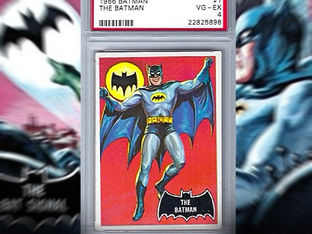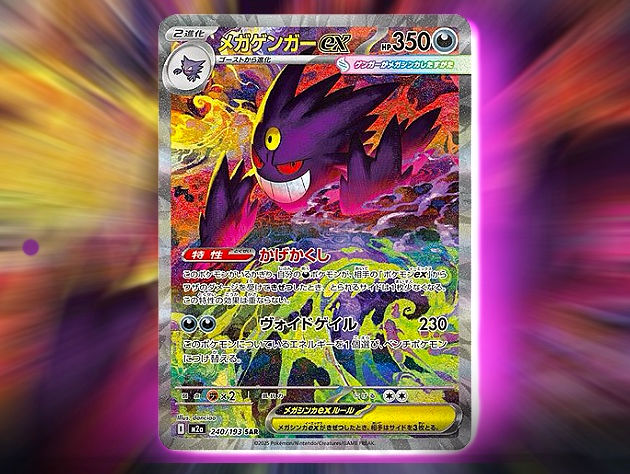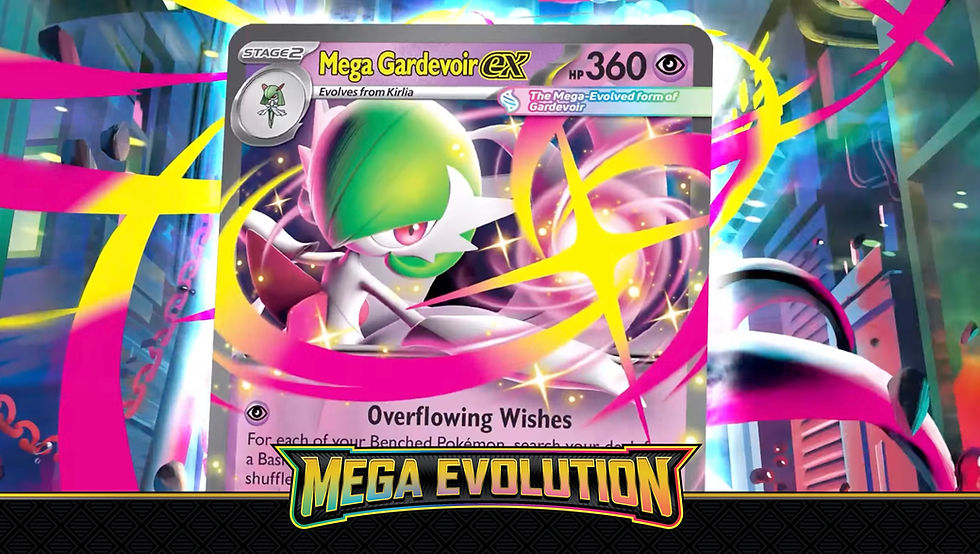Upper Deck President Jason Masherah Warns of Trading Card Industry’s Fragile Foundation
- Xavier Guerrez

- Oct 29, 2025
- 3 min read
Updated: Nov 4, 2025

The trading card industry, once fueled by childhood nostalgia and the thrill of the chase, has become a high-stakes casino where the wealthy place bets on cardboard futures—and the President of Upper Deck is sounding the alarm.
Today, in a LinkedIn post that ricocheted through the hobby’s inner circles, Upper Deck’s chief executive dissected the “speculative frenzy” warping the market, warning that the era of “$1,000 boxes and $1 million cards” isn’t a celebration of growth but a precarious game of hot potato with wealth concentration as the match.
The 10% Feeding 50% of the Beast
The executive’s most jarring revelation? A Yahoo Finance report he cited—[“Top 10% Account for Nearly Half of Consumer Spending”]—paints a dystopian portrait of modern consumption. Half of all U.S. consumer spending flows from just 10% of earners, a trend turbocharging sectors from luxury handbags to Taylor Swift tickets. Trading cards, he argues, are no exception.
“When boxes cost $1,000 or more, you’re not buying for fun anymore. You’re speculating,” he wrote. “This isn’t sustainable growth driven by collectors who love the hobby. This is wealth concentration driving prices that most people can’t participate in.”
The data backs his unease. A PSA 10 LeBron James rookie card that sold for $3,000 in 2019 now commands $150,000. A sealed 2018 Pokémon booster box? $15,000, up from $900 pre-pandemic. The market’s top tier isn’t just thriving—it’s surviving on whale-sized bets.
From Rookie Dreams to Roulette Wheels
For decades, sports cards thrived on organic speculation: a $5 pack might yield a rookie who becomes a legend. Today, the calculus has warped. “Sports cards have always had speculation built in,” he acknowledged. “But what’s happening now is different in scale.”
The shift mirrors Bitcoin’s trajectory—volatile, exclusionary, and detached from utility. High-end collectibles now trade like blue-chip stocks, with auction houses and Discord groups replacing card shops. The result? A generation of collectors priced out of their own hobby.
“Rich people are carrying the market. Not just in cards, but across every category,” he noted, drawing parallels to $1,000 concert nosebleeds and Hermès waitlists. “If that money suddenly moves elsewhere to bet on something else? We all will feel it.”
The Fragility of a Two-Tiered Market
The Upper Deck chief stopped short of doomsaying, but his subtext was clear: The industry’s reliance on speculative capital is a double-edged sword. While brands like Upper Deck, Fanatics, and PWCC profit from record-breaking sales, the ecosystem grows brittle.
Consider Pokémon. Its 2023 revenue soared to $1.6 billion, yet 90% of Gen Z collectors can’t afford a modern Charizard chase card. Or Panini’s $1,500 “Flawless” boxes—marketed not to kids, but to day traders in Jordans.
“This isn’t about doom,” he stressed. “It’s about honesty. When markets become this speculative, they become fragile.”
A Call for Course Correction
The executive’s critique doubles as a plea for equilibrium. To survive the boom-bust cycle, he implies, the industry must re-engage the silent majority: casual collectors, not just Black Cardholders.
Few solutions we think of could include:
- Affordable product tiers: Rebalance releases to include sub-$100 boxes.
- Community reinvestment: Fund local card shops and youth leagues.
- Transparency: Curb artificial scarcity tactics (e.g., “1-of-1” overproduction).
But for now, the market remains a high-wire act. As the Upper Deck CEO warned: “You’re betting that what you buy today will be worth significantly more tomorrow. And that works. Until it doesn’t.”
The Bottom Line: The trading card industry is at a crossroads. It can keep courting the 10% and risk becoming a speculative ghost town—or rebuild a bridge to the 90% who just want to rip packs, chase rookies, and keep the hobby’s soul alive. The clock is ticking.
Gain Exclusive Insights Into the Card Industry’s Future
Explore Behind The Cards—our series uncovering the critical discussions and leadership debates reshaping the trading card world. From boardroom strategies to grassroots impacts, stay informed on the forces driving your hobby’s evolution.
Explore the Series →Knowledge is power. Stay ahead with stories that matter to every collector.


















































































Comments